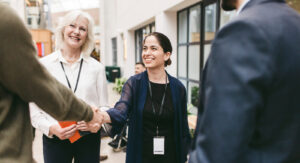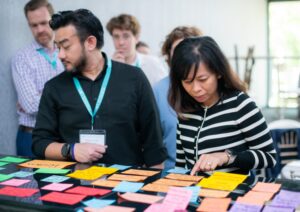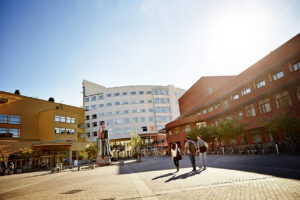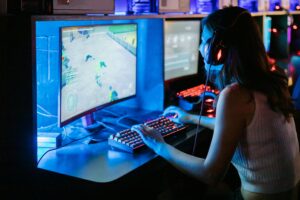Jubilee Doctoral Students – Network meeting in Halmstad
Focus of the meeting The meeting focuses on co-production of knowledge and how collaboration with external partners can contribute to meaningful impact. Through collaborative discussions and hands-on activities, participants will share experiences, explore different approaches to co-production, and strengthen their professional network. Programme overview 27 April – Halmstad University The...









